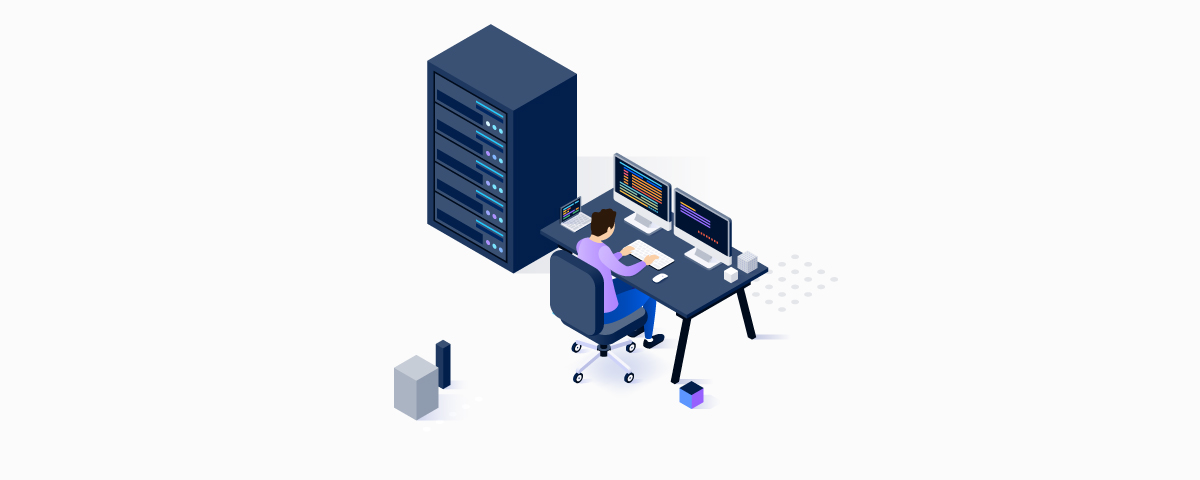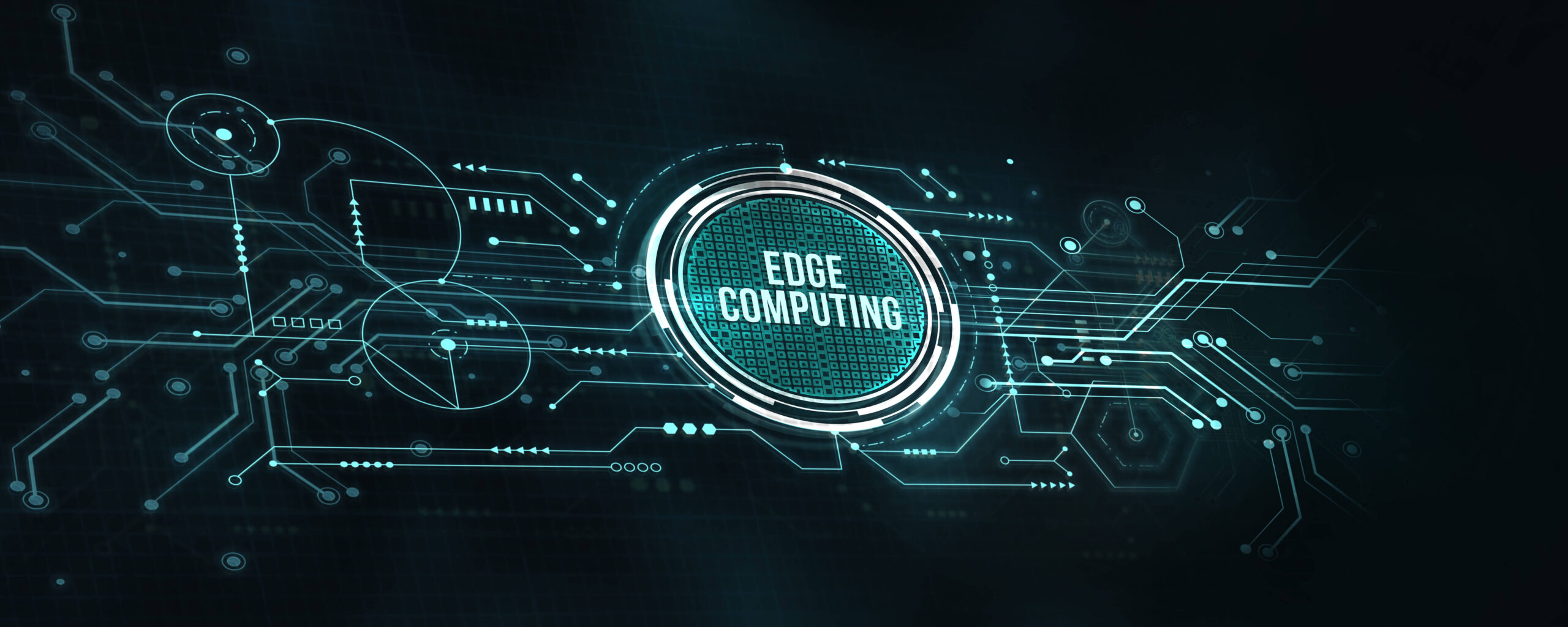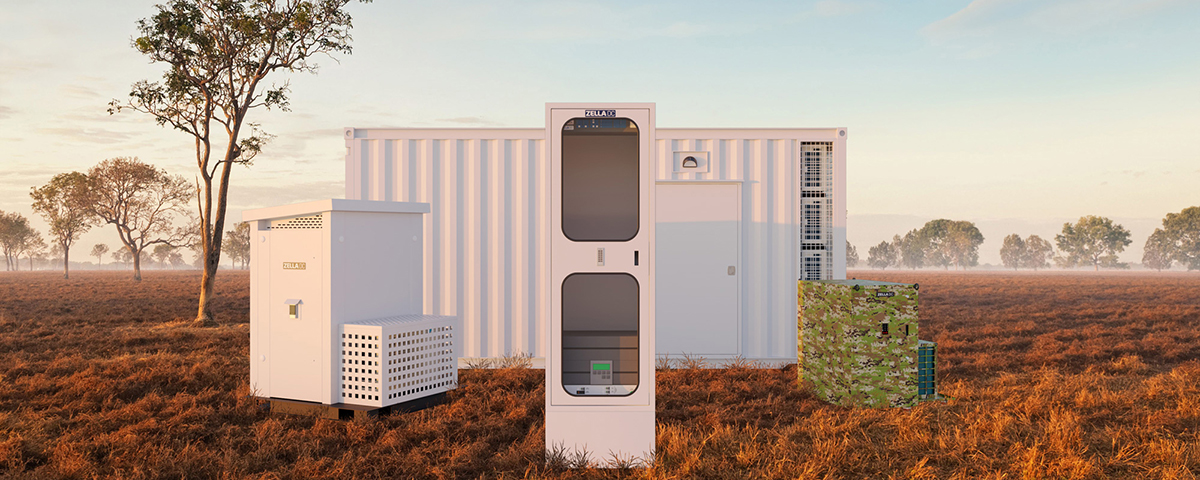The IT world is constantly evolving, and the need for smarter, more efficient infrastructure solutions has never been greater. One of the latest innovations in this space is the smart rack, a next-generation server rack designed to simplify management, improve efficiency, and bolster security. But what exactly is a smart rack, and how does it differ from a micro data centre? Let’s dive in to explore these technologies and their distinct roles in modern IT ecosystems.
What is a smart rack?
A smart rack is an advanced server rack designed to house IT equipment such as servers, switches, and storage devices while incorporating intelligent features for better monitoring, management, and security. Unlike traditional server racks, smart racks go beyond simple hardware storage by integrating IoT-enabled sensors, remote management tools, and power optimisation features.
This innovation empowers businesses to monitor environmental conditions, power consumption, and security remotely, enabling proactive maintenance and reduced downtime.
Key features of a smart rack
- Environmental monitoring – Smart racks are equipped with sensors that monitor critical factors like temperature, humidity, and airflow. These sensors ensure optimal conditions for IT equipment, reducing the risk of overheating or environmental damage.
- Intelligent power management – Built-in intelligent Power Distribution Units (PDUs) allow precise monitoring and control of power usage. These PDUs support remote power cycling and load balancing to optimise energy efficiency.
- Enhanced security – Smart racks often feature advanced physical security measures, including biometric authentication, RFID access, and remote lock/unlock capabilities. Moreover, cameras and motion sensors can also be integrated to enhance surveillance and prevent unauthorised access.
- Remote management – IT administrators can manage smart racks remotely using software platforms that provide real-time analytics, alerts, and control capabilities.
- IoT integration – Smart racks use IoT technology to predict maintenance needs and deliver actionable insights, reducing downtime and improving operational efficiency.
- Scalability – Smart racks can be easily integrated into existing data centres, providing a flexible and scalable solution for growing IT demands.
Benefits of smart racks
- Improved uptime – Proactive monitoring and automated alerts help prevent failures before they occur, ensuring higher availability.
- Energy efficiency – Intelligent power management reduces energy waste and lowers operational costs.
- Remote access – With remote monitoring and control, businesses can manage their IT infrastructure from anywhere, improving flexibility and responsiveness.
- Enhanced security – Multi-layered physical security measures protect sensitive data and equipment from tampering or theft.
The difference between smart racks and micro data centres
While smart racks represent a significant advancement in rack technology, they are not the same as micro data centres (MDCs). The two solutions cater to different use cases, and understanding their differences can help businesses make informed decisions.
What is a micro data centre?
A micro data centre is a self-contained IT solution that includes all the components of a traditional data centre but in a compact, standalone enclosure. These units are designed to provide processing, storage, cooling, and security in environments where a full-scale data centre is impractical.
Micro data centres, such as those offered by Zella DC, are highly versatile and suitable for edge computing, remote locations, and industries requiring reliable, on-site IT infrastructure.
Key differences between smart racks and micro data centres
| Feature | Smart Rack | Micro Data Centre |
|---|---|---|
| Scope | Advanced rack for IT equipment | Complete data centre in a compact unit |
| Components | Intelligent monitoring and power management | Includes cooling, power, fire suppression, and more |
| Deployment | Part of a larger data centre or IT system | Fully standalone, requiring only power and network connectivity |
| Cooling | Relies on external cooling systems | Built-in cooling system |
| Security | Rack-level security features | Comprehensive physical and cyber security |
| Applications | Enhances functionality in traditional data centres | Ideal for edge computing and remote deployments |
| Scalability | Scales within existing data centre infrastructure | Scales by deploying additional MDC units |
Use cases
Smart rack use cases:
- Enhancing the functionality of traditional data centres.
- Monitoring and managing IT infrastructure in urban or controlled environments.
- Supporting large-scale operations that require intelligent rack-level solutions.
Micro data centre use cases:
- Edge computing applications where data processing needs to happen close to the source.
- Remote locations or industries like mining, healthcare, or manufacturing that require reliable, self-contained IT solutions.
- On-premise deployments where a full-scale data centre is not feasible.
Choosing the right solution for your needs
When deciding between a smart rack and a micro data centre, consider the following factors:
Location and environment
- If your IT equipment is housed in a traditional data centre, a smart rack may be the perfect solution to enhance monitoring and management capabilities.
- For edge computing or remote locations, a micro data centre is ideal due to its self-contained design and robustness.
Scope of operations
- Large-scale operations with existing infrastructure can benefit from smart racks.
- Businesses with limited space or resources may find micro data centres more suitable.
Budget and scalability
- Smart racks are generally more cost-effective for upgrading existing systems.
- Micro data centres, while more comprehensive, offer greater flexibility for scaling in distributed environments.
Why both smart racks and micro data centres are important in modern IT
Smart racks and micro data centres play complementary roles in today’s IT ecosystems. Smart racks bring efficiency, intelligence, and security to traditional data centres, while micro data centres enable businesses to deploy reliable IT infrastructure in challenging or remote environments. Together, these technologies are paving the way for more flexible, resilient, and efficient IT operations.
At Zella DC, we offer a range of innovative solutions, including micro data centres like the Zella Pro and Zella Outback, designed to meet the demands of edge computing and beyond. While smart racks may address specific needs, our MDCs provide the full package for businesses looking to future-proof their IT infrastructure.
The rise of smart racks reflects the growing demand for intelligent, efficient IT management tools. However, for businesses needing a complete, standalone IT solution, micro data centres are the way forward. By understanding the differences between these two technologies, you can choose the solution that best aligns with your operational goals.
Explore Zella DC’s range of micro data centres and see how we can transform your IT infrastructure today.






